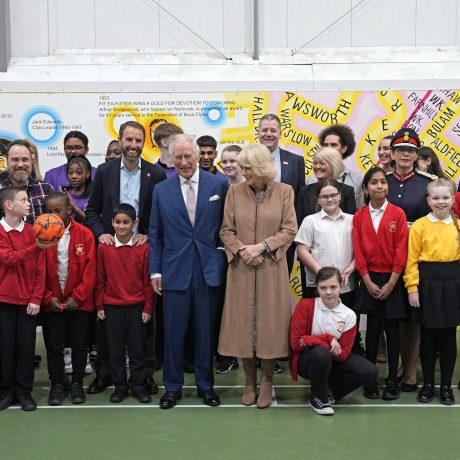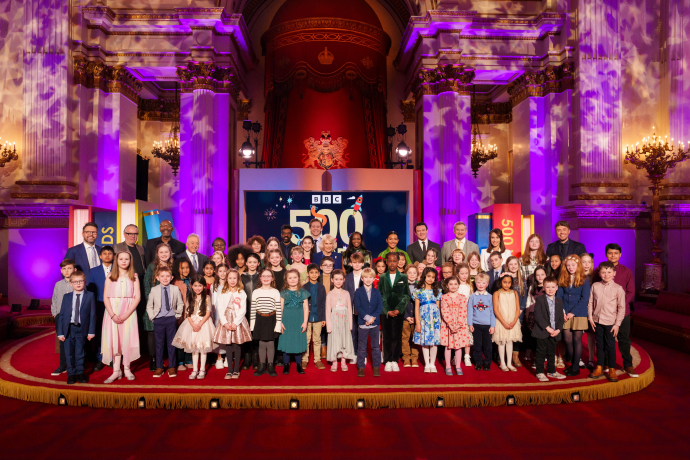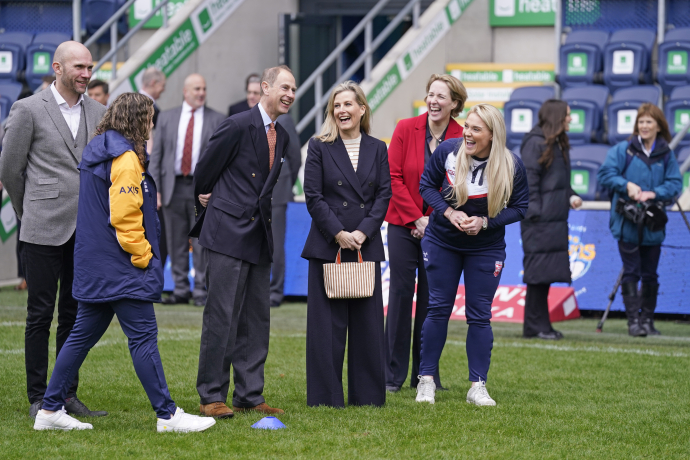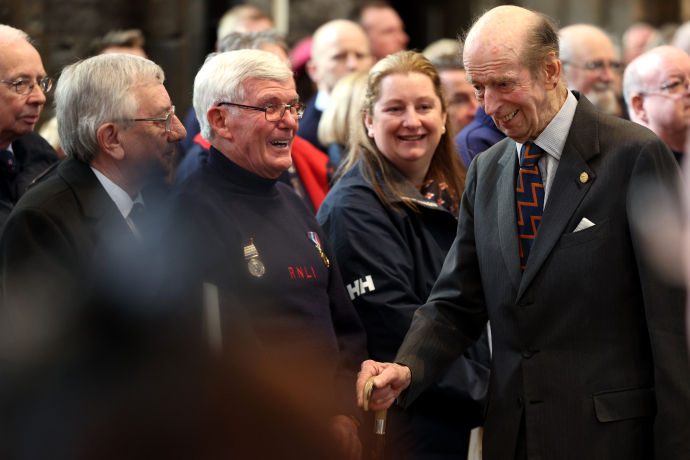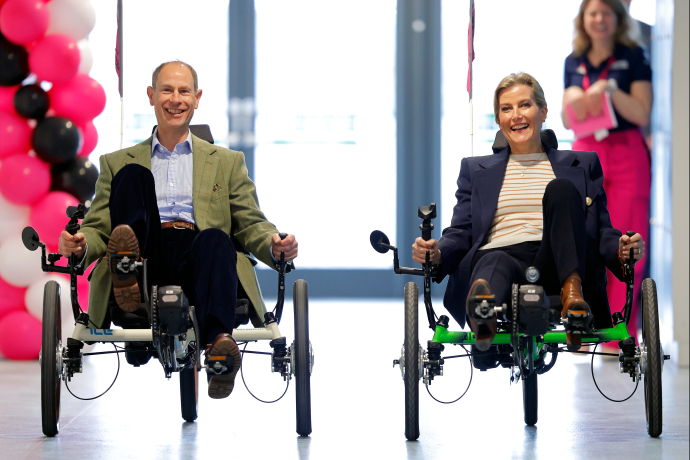A speech by HRH The Prince of Wales titled 'A Voice for Life', launch of an initiative by Macmillan Cancer Relief, Central Hall, Westminster
Published
People tell me that being diagnosed with a cancer is like suddenly finding yourself in an unknown land, with no map, no compass, no sign posts and no knowledge of the language.
Like so many others in this country, I have been profoundly affected by cancer in all sorts of ways.
By what I see, hear and read about it almost daily. More intimately, through my own family and through countless friends and acquaintances. And - as Patron of Macmillan and several other cancer charities and hospices - through meetings with countless thousands of people affected by it.
These experiences have taught me a great deal. How it turns life upside down. How it forces people to re-evaluate what is important to them. The new skills and talents they discover. And even sometimes the funny and absurd side of having it.
They also talk to me about the challenges they have had to face and two themes come through time and time again.
One is their struggle to cope with the fear of cancer. Not only their own fear for the future but also the fears of others - relatives, friends and even health professionals.
The other is the frustration that many of them feel at not being able to play a full part in decisions about their own treatment and care. Decisions about their own destiny.
They don't know the questions to ask, they are afraid of taking up too much of the busy doctor's time and they are unsure about who else to ask. All this adds to their anxiety and vulnerability.
We have learnt a little today about the fear of cancer and the roots of that fear. Tremendous progress has been made over the past 20 years in treating and caring for people with cancer - more people recover now; more people live for longer; and the quality of life has been improved dramatically.
But what I find so distressing is that, despite this and despite the greater openness in talking about cancer today, we still use the same terrifying words and images to describe it. Or should I say over-describe it.
How many of us stop to think about the impact this has on people with cancer? From what they have told me, the reputation of the illness just adds to their suffering. It damages their quality of life and it makes it even harder for the friends and family to cope. People are struggling with uncertainty about their own future and they hear again and again that they do not have one.
I read of one young woman who, after her diagnosis, felt that peoples' attitudes to her had changed: "I was written off as a dying person," she said. But she was doing everything she did before. It's just that she had cancer too.
It was her friends who could not cope, not her. So, the stigma - the stereotypes - of cancer still exist. The language of cancer simplifies what is complex and generalises what is individual. And it can hurt people with cancer.
It has been suggested today that we can start to change this by recognising that cancer is not one disease but 200 different diseases, some serious, some not so serious. We all know that when we break a huge problem down into manageable pieces it begins to appear less daunting. So this seems like a practical step we can all take. It will force us to find new words and images to describe cancer. The simple stereotypes will not work any more and the archaic metaphors will gradually lose their relevance.
But along with that we can all question our attitudes to cancer and we can all make sure that we see the person, before we see their cancer. These diseases, serious though they are, do not actually deform people's personalities.
Seeing the person first, before seeing the cancer, is something that health professionals should lead on.
The MORI survey showed real improvements in our efficiency in treating cancers. And that is vital. But it also showed that the health service needs perhaps to be much better at meeting the information and the emotional needs of people with cancer.
People tell me that being diagnosed with a cancer is like suddenly finding yourself in an unknown land, with no map, no compass, no sign posts and no knowledge of the language.
The treatments are complex. Many different health professionals are involved - people can see as many as 50 different doctors. They need help to find their way in this no doubt alien and intimidating world. In short, they need an interpreter to help them understand what is happening to them, so that they feel more in control of their own future.
We are constantly being told that we must take more responsibility for our health, but that is hard to do if you cannot get the information you need and the systems and culture of the health service mitigate against it.
The new Cancer Guide which we heard about today will help - it is a route map and a dictionary to get you started on your journey. And, with the mass distribution of the Guide throughout the NHS and on the high street, we are sending out a strong message to society, and to the health service, that patient involvement is essential to effective care.
But, Ladies and Gentlemen, the Guide alone is not enough. There is still a shortage of cancer experts in this country, both medical and nursing. Macmillan Cancer Relief is working with the health service to find ways of addressing this shortfall. So the Guide is just the first of many projects planned for 'a voice for life'. You are going to hear a lot more about it over the next few years.
All of us will be touched by cancer, directly or indirectly, at some time in our lives. 'A Voice for Life' demands positive action to help us cope better with cancer.
For instance, we can begin to rewrite the rhetoric of cancer. The media could help us in this by using their immense influence to destroy the myths and misconceptions which block understanding and paralyse action.
We can do more to give patients the knowledge and confidence to play a more active part in their treatment and care. There is still so much we need to learn about this disease and people with cancer can teach us a great deal. They are the only experts in their cancer.
And we must build up the cancer expertise in this country so that everyone has the chance of the best treatment and care wherever they live, both now and in the future.
Through 'A Voice for Life' we want to transform the experience of cancer in this country. There has been so much talk about the problems of cancer. We must stop behaving as if we are powerless to change things. We can and we will."
Related content
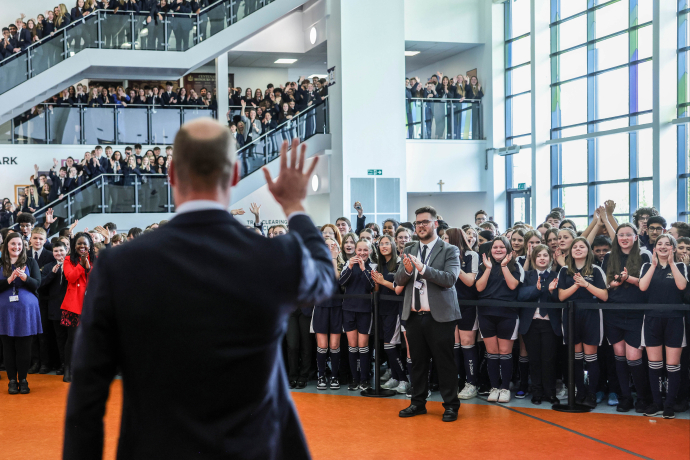
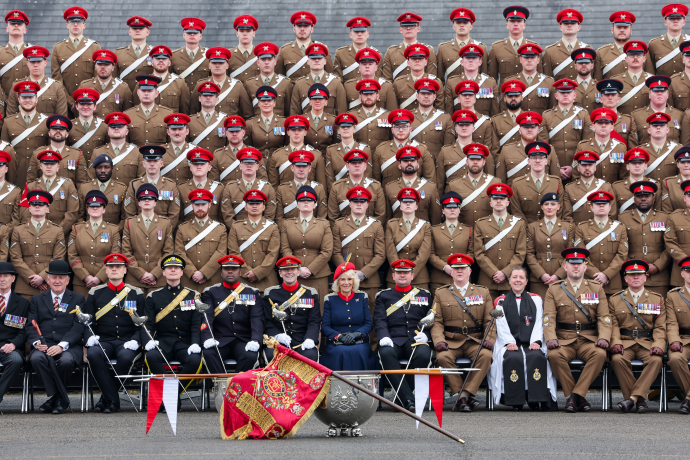
A speech by Her Majesty The Queen on her first visit to The Royal Lancers (Queen Elizabeths’ Own), having been appointed as Colonel-in-Chief
My father described the Regiment as a “highly efficient entity, highly skilled, and full of personalities”, I have no doubt that your upcoming deployments will be...
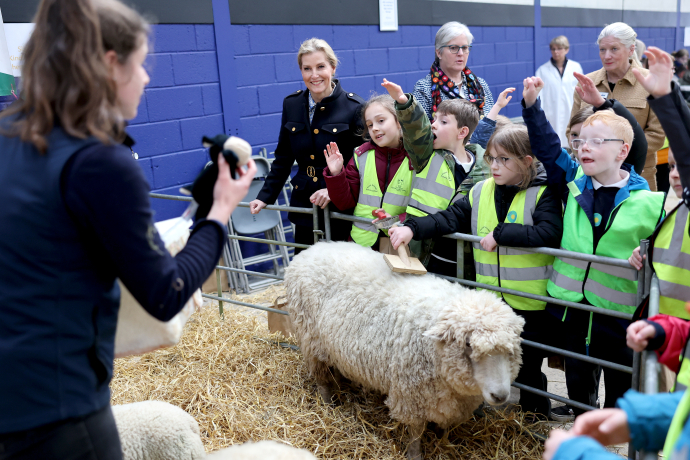
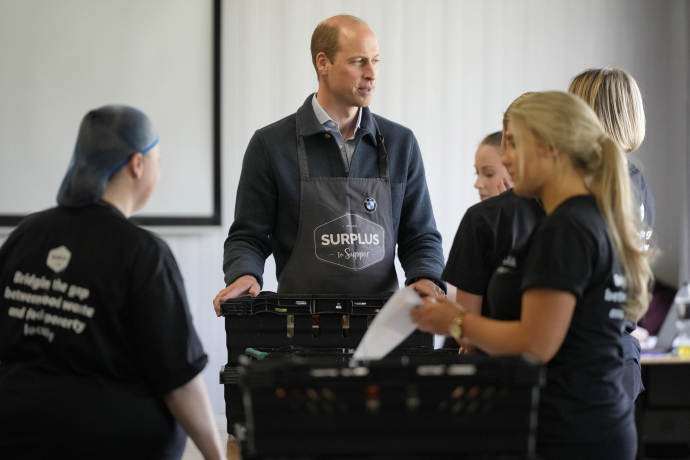
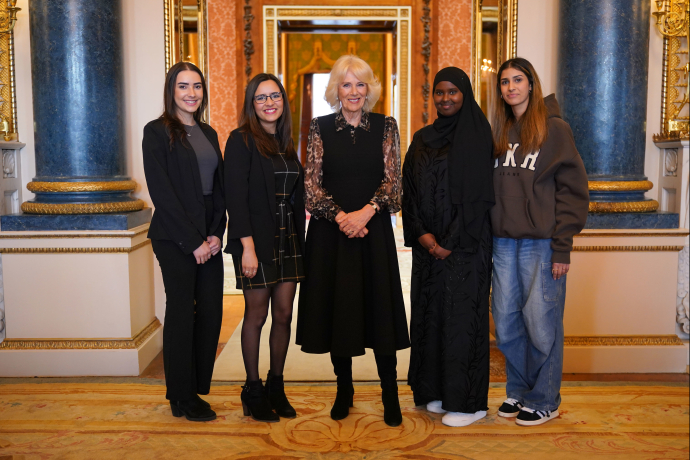
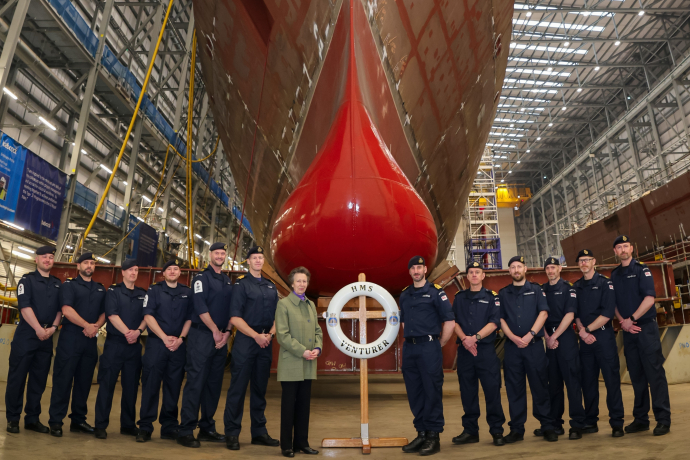
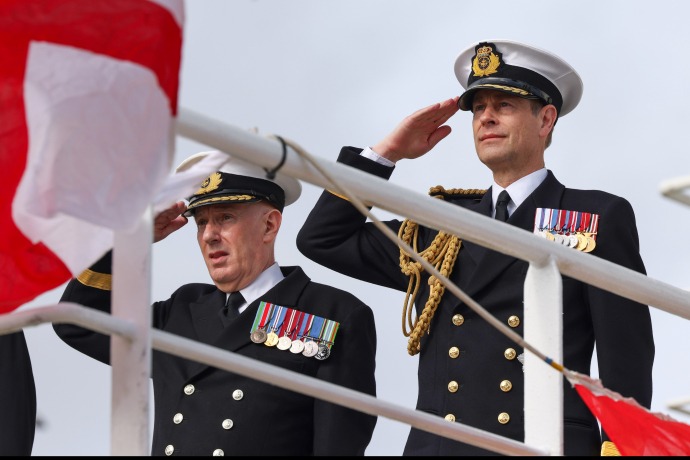
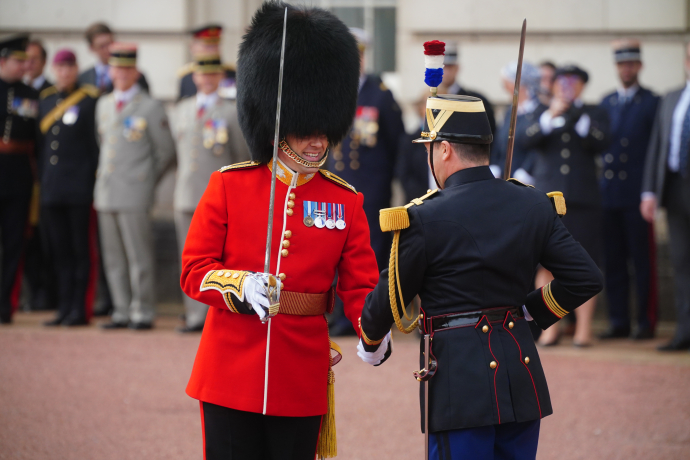
A message from The King on the 75th Anniversary on the Founding of N.A.T.O.
Message from The King for the 2024 Royal Maundy Service
It is my special prayer today that Our Lord’s example of serving one another might continue to inspire us and to strengthen all our communities.
The Queen's speech at a reception to mark the results of The Queen’s Reading Room study
We share a very special bond, ladies and gentlemen – our love of books. Thank you for helping to spread the word.
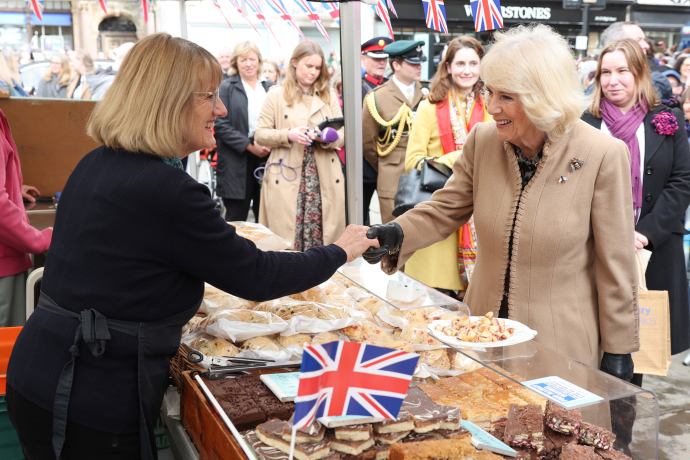
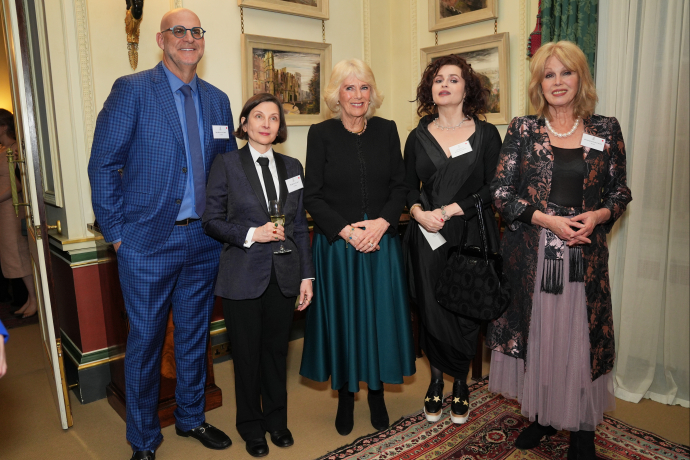
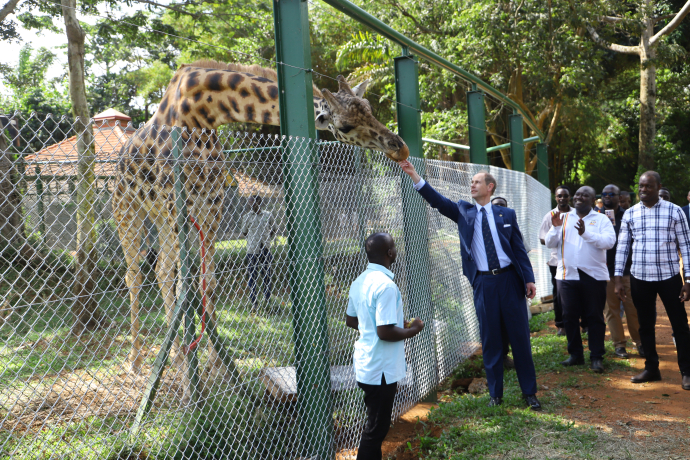
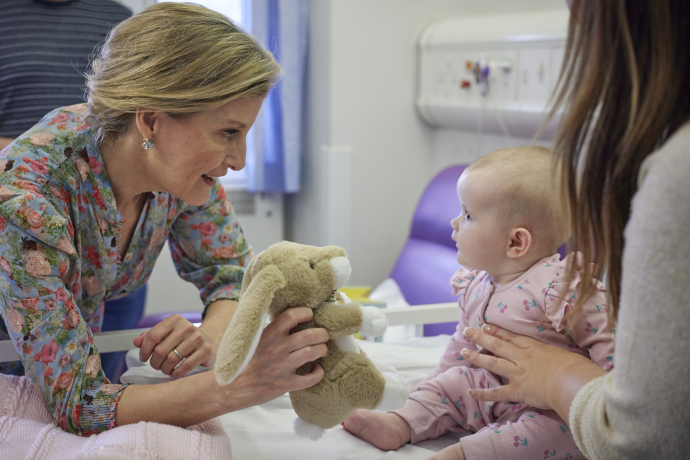
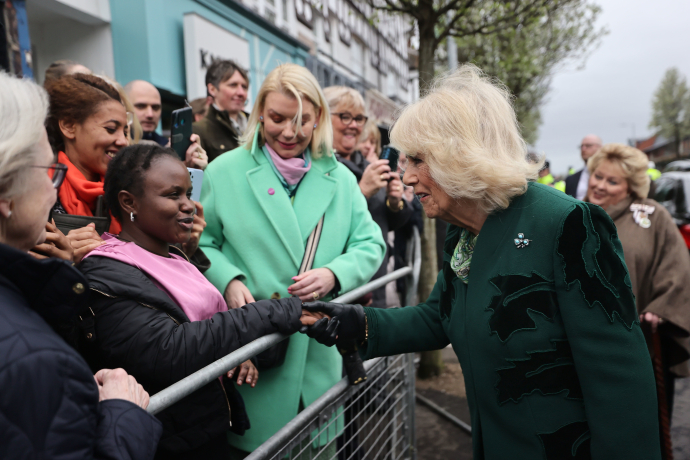
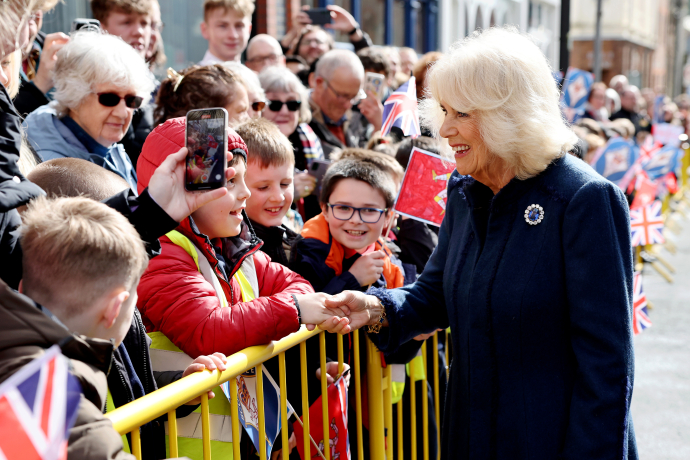
Message from The King to mark the 70th anniversary of the end of the Korean War
It is our duty to remember what was once called “the Forgotten War”.
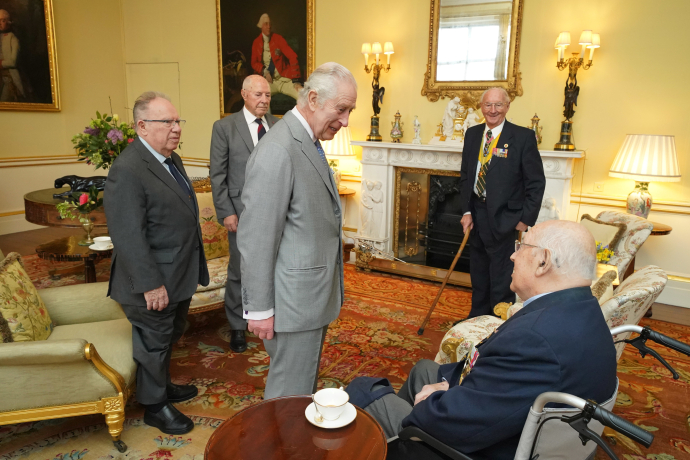
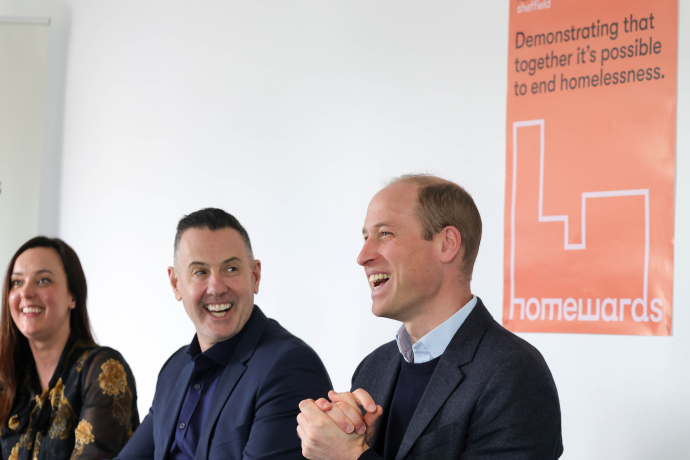
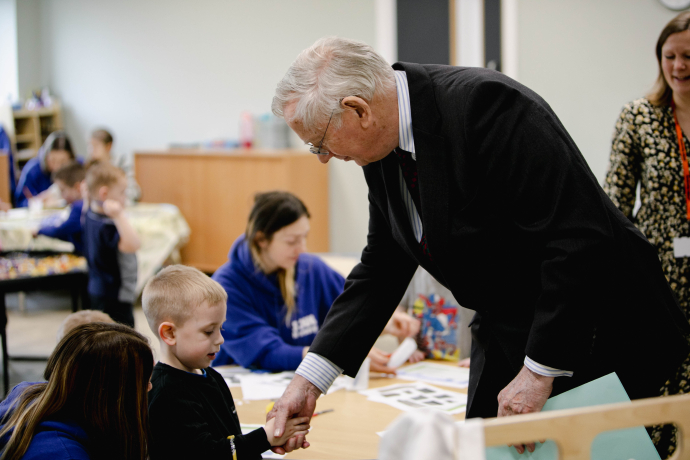
The Duke and Duchess of Sussex

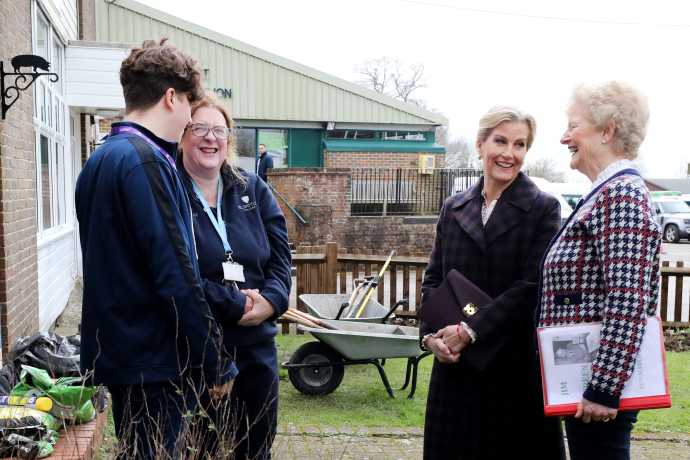
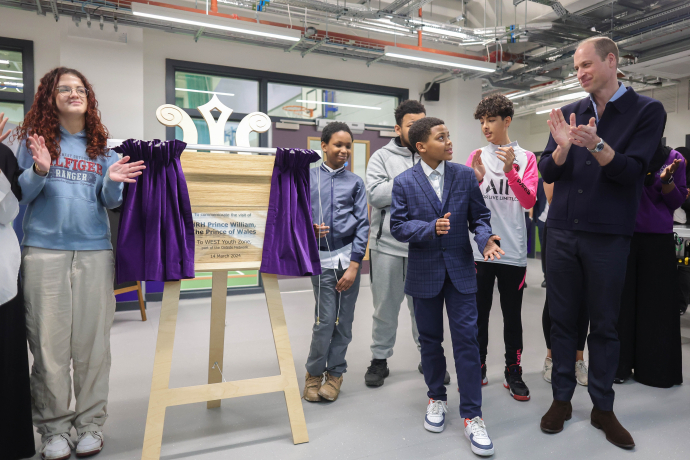
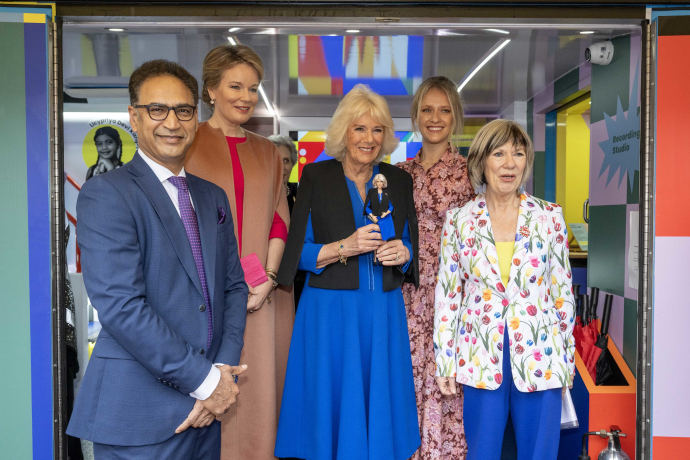
A speech by Her Majesty The Queen at a reception to celebrate International Women’s Day and to mark the end of the WOW Girls Festival Bus tour
Let your lives be the stones that will shatter glass ceilings everywhere and inspire generations to come.
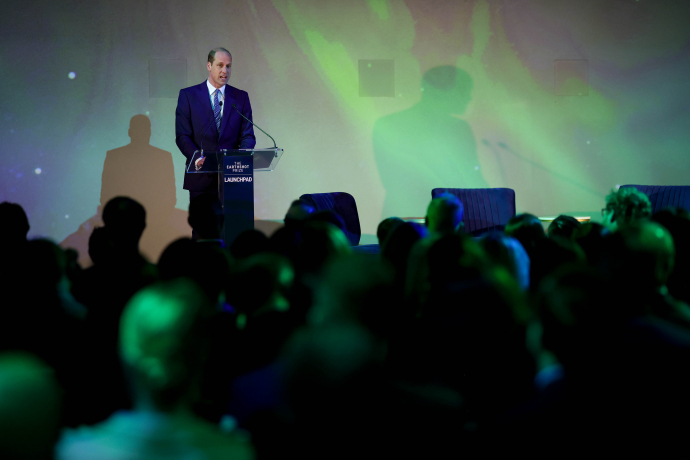
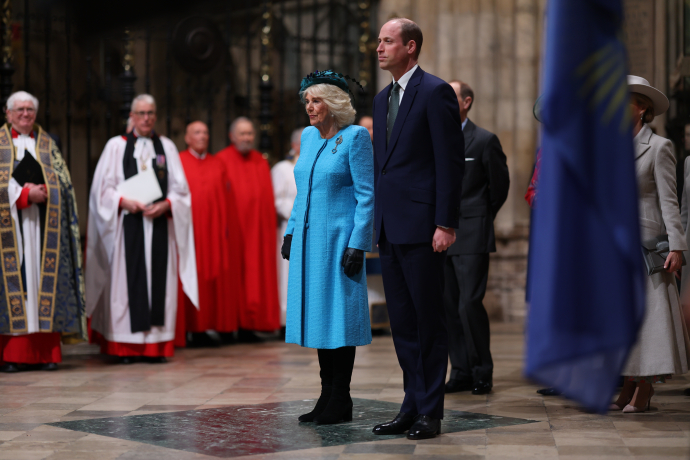
The King's Commonwealth Day Message 2024
The Commonwealth family is strongest when we are connected, through friendship.
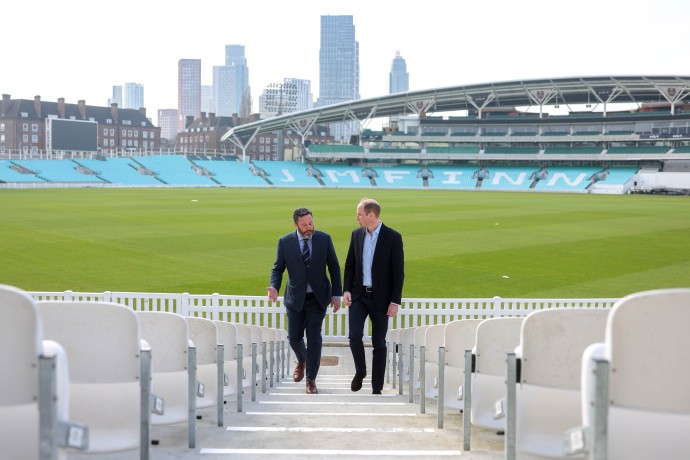
A speech by The Duchess of Edinburgh at the Community Sport and Recreation Awards, at Headingley Stadium, Leeds, ahead of The Duke of Edinburgh’s 60th birthday.
He is the best of fathers, the most loving of husbands and still is my best friend.
A speech by Her Majesty The Queen at the Grand Final of BBC's 500 Words, Buckingham Palace
Between you, you have created more than a million stories of thought-provoking adventure for future generations to study and enjoy. Thank you to everybody who has taken part...
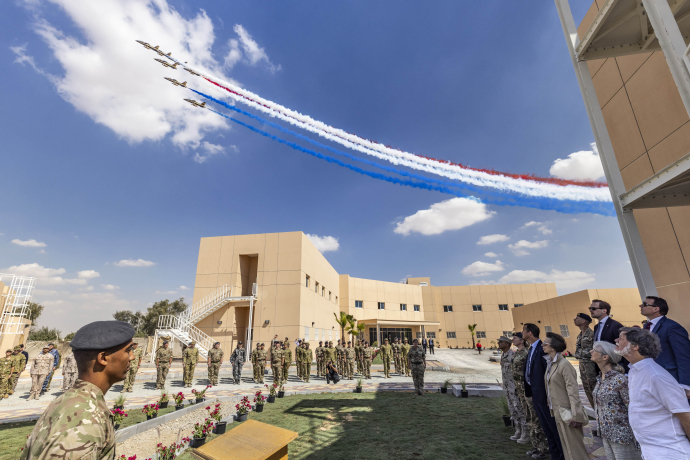
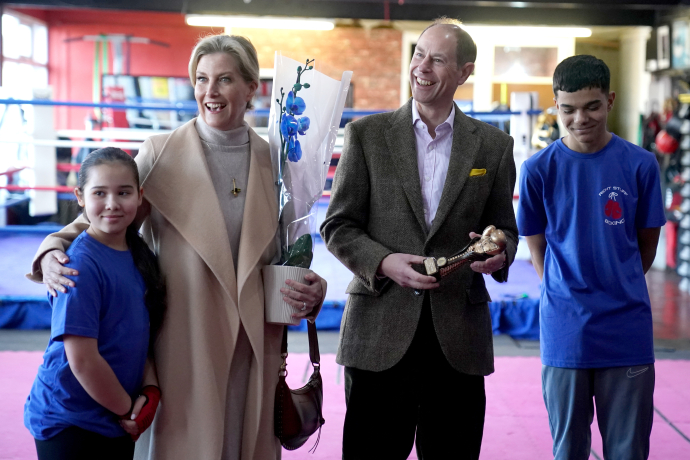
A message of condolence from The King to the President of Tanzania following the passing of former Tanzanian President, Ali Hassan Mwinyi
My thoughts and prayers are with former President Mwinyi’s family and the Tanzanian people at this time.
A speech by The Duchess of Edinburgh, via video message, at the Restoration of the Conflict-Related Sexual Violence Survivors’ Rights Conference, Ukraine
We must stand shoulder to shoulder with all survivors to secure justice and holistic redress, and ensure that this crime isn’t an accepted part of conflict.
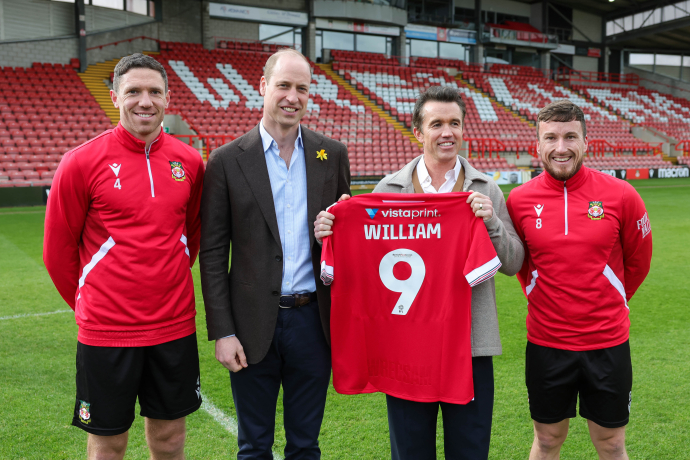
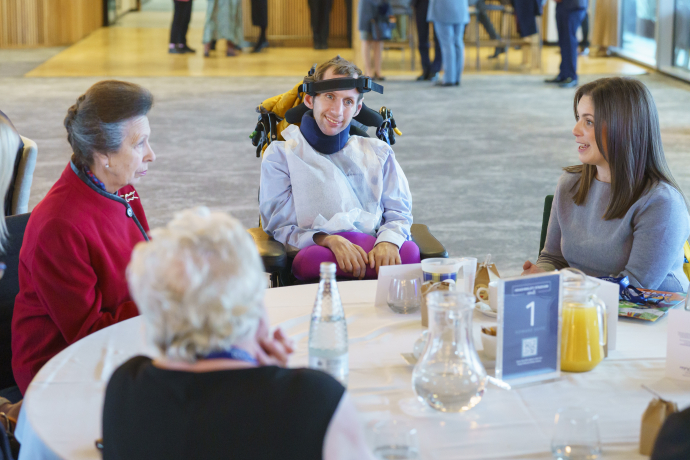
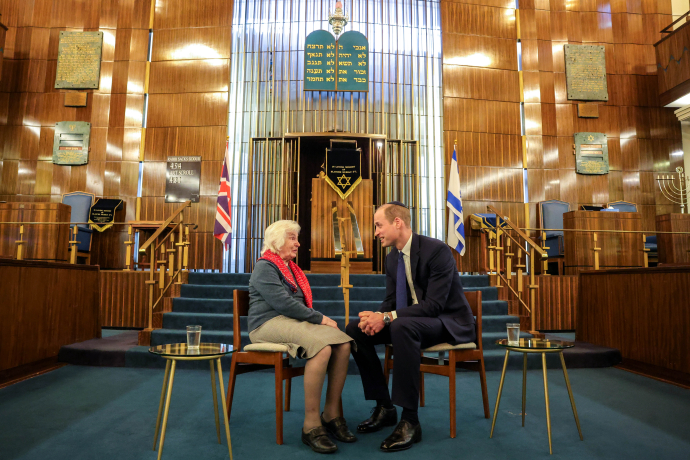
Charities and Patronages
